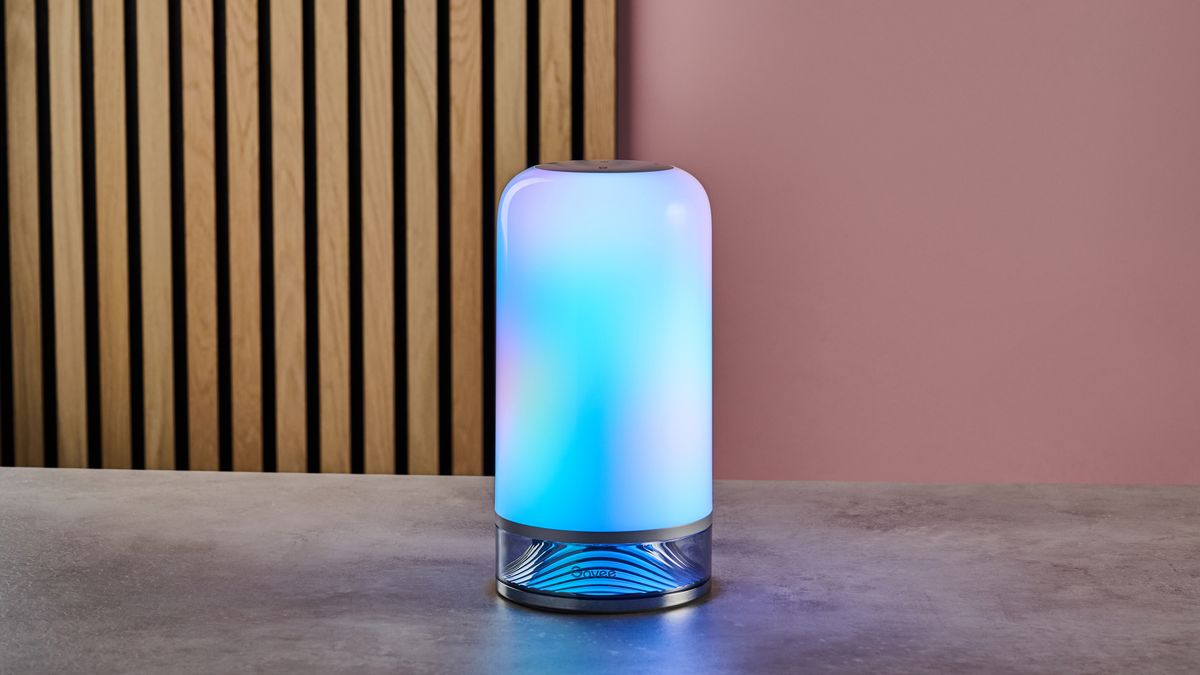Qualcomm on Friday won a trial in a dispute with Arm Holdings over allegations it violated terms of its architecture license agreement (ALA) and technology license agreement (TLA) by taking over Nuvia and using its IP in its Snapdragon X processors for client PCs. However, while Qualcomm was found innocent, the jury could not agree on whether Nuvia violated its licensing terms with Arm. Thus, the outcome leaves the door open for a retrial or further negotiations, reports Bloomberg.
The disagreement stemmed from Qualcomm's use of the Armv8-based Oryon cores originally designed by Nuvia for server-class processors, which Arm claimed required renegotiation after the acquisition. After Qualcomm decided to proceed with developing its Snapdragon X processors packing Oryon cores, Arm demanded that Qualcomm destroy the designs because they violated the terms of Nuvia's licenses related to Arm technologies. Qualcomm countered by arguing that its existing ALA for Arm instruction set architecture (ISA) covered products designed by entities it owns—in this case, Nuvia.
Gerard Williams III, one of the lead developers behind Oryon and multiple Apple processors, said that the final design developed by Nuvia contained less than 1% of Arm technology.
The Delaware jury sided with Qualcomm and concluded that its Snapdragon X processors did not violate its licensing deal with Arm. This ensures that Qualcomm can continue selling these products without destroying their blueprints.
"We are pleased with today's decision," a statement by Qualcomm reads. "The jury has vindicated Qualcomm's right to innovate and affirmed that all the Qualcomm products at issue in the case are protected by Qualcomm's contract with Arm. We will continue to develop performance-leading, world-class products that benefit consumers worldwide, with our incredible Oryon Arm-compliant custom CPUs."
However, the jury could not unanimously decide whether Nuvia violated its contract with Arm, which stipulated that Nuvia would build server processors. Thus, neither side achieved a definitive victory, and the unresolved question could lead to a new trial. As a result, Judge Maryellen Noreika asked both parties to mediate.
Qualcomm needs the highly competitive Oryon cores it acquired in 2021, along with its $1.4 billion purchase of Nuvia. The general-purpose cores are competitive with Arm-based designs developed by Apple and x86 processors from AMD and Intel. With Oryon and its successors, Qualcomm can continue its offensive on the PC market, which currently holds 0.8% after being active in the space for about a quarter.
On the other hand, about 10% of Arm's revenue—over $300 million in 2023—comes from Qualcomm. Before using its own custom Oryon cores, Qualcomm relied on slightly modified Cortex cores designed by Arm. Qualcomm had to pay more than an ISA license to develop a custom core for these.

 13 hours ago
2
13 hours ago
2








 English (US) ·
English (US) ·